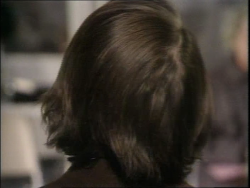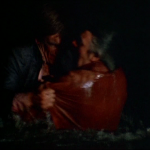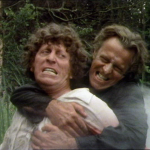by DAVID ROLINSON

Dennis Potter’s non-fiction writing is a tremendous body of work – reviews, radio talks and newspaper features on television, radio, books, society, politics and more.1 I was going to just run through some of his television reviews, but Potter wouldn’t let me get off that lightly. His non-fiction work interweaves with his fiction work in characteristically multi-layered, provocative and entertaining ways. He never lets us forget that words matter. So the word “reviewing” becomes unreliable, which is annoying if you’ve put it in your title. He’s not just a writer who wrote some reviews – his writing reviews, and re-views, his own plays and much more besides. There are lots of traps to fall into, as we can tell from the start of Follow the Yellow Brick Road…
This essay is an earlier – longer – draft version of a talk I gave at the Dennis Potter Day held at Dean Heritage Centre, Soudley, Forest of Dean on 29 June 2013. The full schedule of the day’s events can be found here. Some of this essay has been rewritten for reading rather than speaking, but most of the new or unused material is restricted to these endnotes. Detailed coverage of the event will appear on the Potter Matters blog, which we will link to when the event’s coverage is uploaded. ↩


